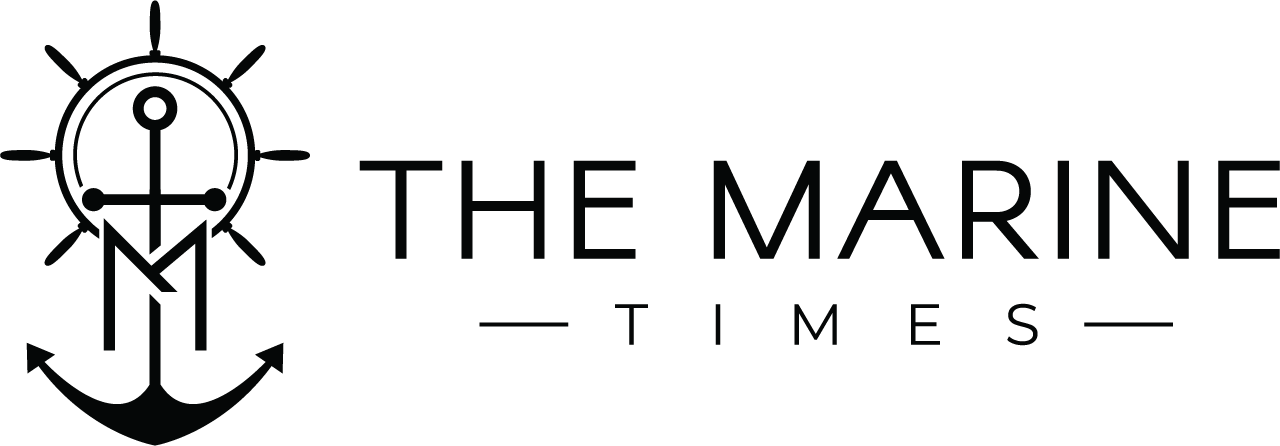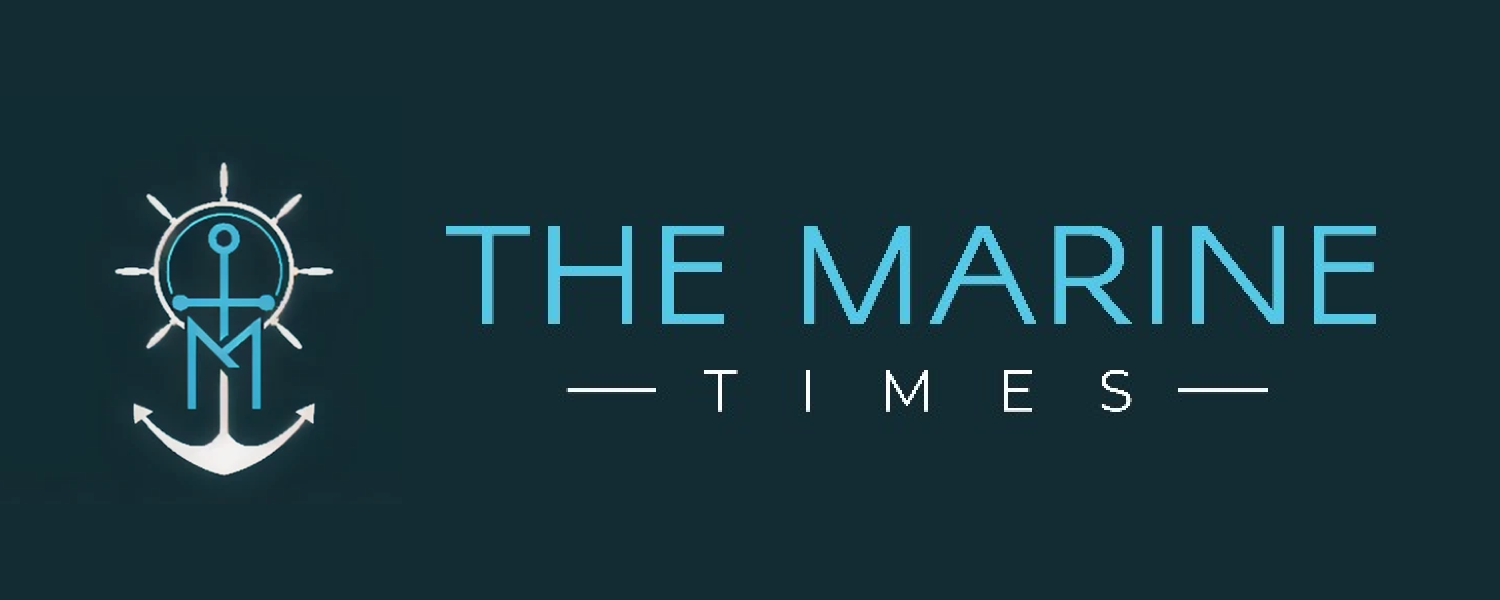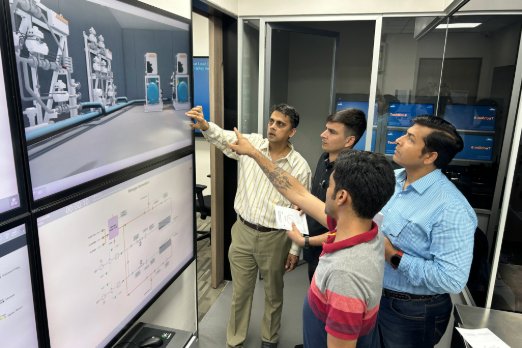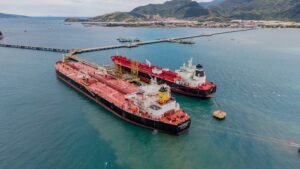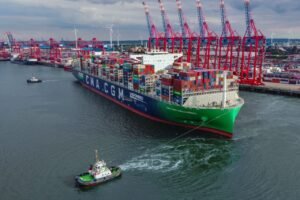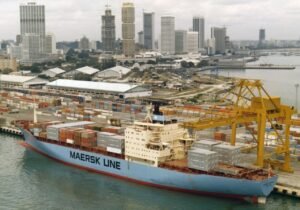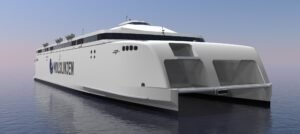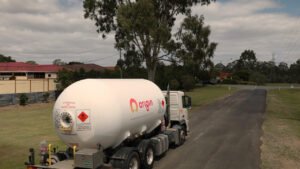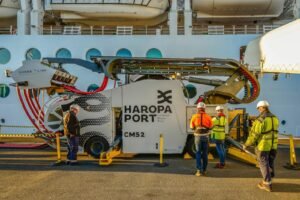Anglo-Eastern Univan Group has launched a methanol bunkering simulator developed in collaboration with Wärtsilä, aimed at preparing seafarers for operations involving methanol and other low-flashpoint fuels.
The new simulator, introduced in October, provides both theoretical and practical training aligned with IMO safety guidelines. It forms part of Anglo-Eastern’s broader investment in training infrastructure to meet the growing demand for skills in alternative fuel handling.
The development follows the inauguration of the world’s first operational LNG and ammonia bunkering station skid at the Anglo-Eastern Maritime Academy (AEMA) in Karjat, near Mumbai, in February.
Alongside the simulator, Anglo-Eastern has rolled out a series of methanol bunkering courses designed to equip seafarers with the competence to work safely on methanol-powered ships. The three-day programme includes modules covering basic and advanced training, as well as familiarisation with ME-LGIM engines and fuel gas supply systems.
“Decarbonisation is not just about adopting new technologies; it’s also about preparing the people who will operate them,” said Capt. Aalok Sharma, Group Director of Training at Anglo-Eastern. “By investing in these advanced training facilities, we are ensuring our seafarers and industry partners have the skills to safely and efficiently handle alternative fuels.”
Francis Akkara, Principal and Director of the Anglo-Eastern Maritime Training Centre, added: “As the industry accelerates its shift toward alternative fuels, training must evolve in tandem. These new offerings reflect our commitment to equipping seafarers with the readiness and safety mindset needed to manage methanol and ammonia propulsion technologies.”
Anglo-Eastern said its dual-fuel expertise now spans LNG, LPG, ammonia, methanol, hydrogen, and wind-assisted propulsion. The company currently manages more than 130 dual-fuel vessels, with a further 130 newbuilds under supervision as of October.
